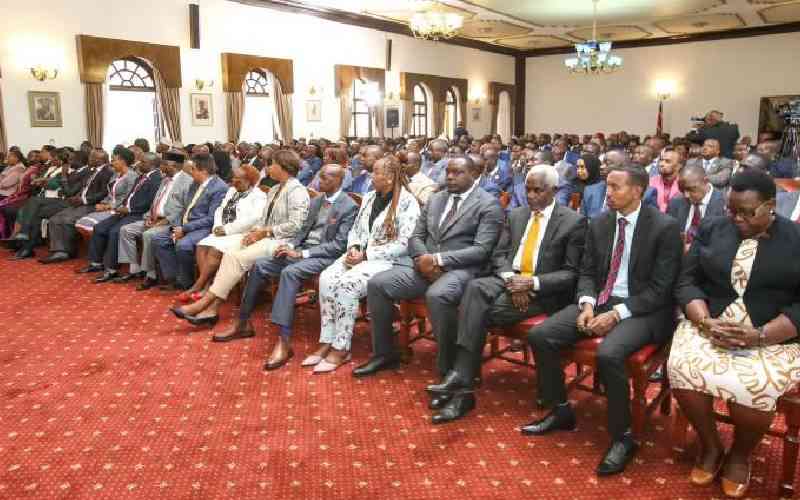×
The Standard e-Paper
Fearless, Trusted News

A year ago today, President William Ruto was on a roller coaster that only went up. As he was sworn in as Kenya's fifth president, allies celebrated as some former foes, eyeing his favour, rushed to his side.
All predictions forecast better days for the President's United Democratic Alliance (UDA), which, through Ruto's charm offensive, was winning new friends. Since his announcement as president-elect weeks earlier, opposition parties had flocked into Kenya Kwanza, each pledging new allegiance.